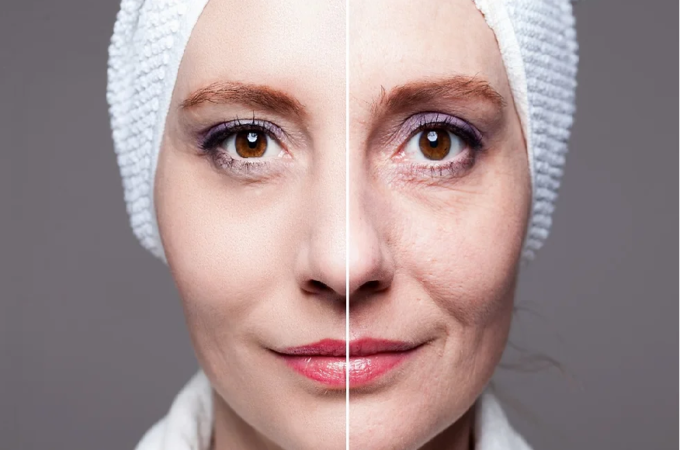
What Are the Risks of Congenital Heart Disease? How Can They Be Treated?
Congenital heart disease occurs in nearly 40,000 children a year. It is the most common congenital disability, affecting about 8 in every 1,000 newborns. The exact cause of congenital heart disease is unknown; however, it is believed to be caused by genetic and environmental factors. Several risks must be considered before making any decisions concerning their treatment.
What are the causes of congenital heart disease?
Most heart defects have an unknown cause. Genetic factors, however, are believed to play a role, though in what capacity is still to be determined. The chance of heart defects occurring in a family with existing CHD can be up to 15%. The options a parent with CHD will pass on to their kids can be up to 50%.
A rare cause is a “single gene” defect. This is a defect caused by a change in one gene. It is called a “single gene” because it affects the function of just one protein or enzyme. Single gene defects are rare and account for only about 5% of all CHD cases.
Environmental factors also play a role in CHD. The mother’s smoking, alcohol use, and poor nutrition are risk factors. Some medicines a pregnant mother takes can cause heart defects in her baby. Certain drugs, such as the antibiotic tetracycline, during pregnancy can increase the risk of CHD. If a mother has diabetes or high blood pressure, her child’s risk for CHD is also higher.
How can Congenital Heart Disease Be Treated?
Many heart defects can be treated successfully with surgery, catheterization, or medication. Surgery may be recommended if the heart is small, there are other complications, or the defect cannot be repaired. During heart catheterization, a tube is inserted into the heart to take pictures and measure blood pressure. This procedure may be recommended if heart defects are not too severe and cause other complications. Medications can treat most heart defects. These are usually given through an implanted pump to force extra blood flow to the heart.
While these treatments can aid a patient, there is no one-all cure for CHD. The good news is many people live long lives without experiencing any complications from their congenital disabilities. Advocate agencies offer help and a community for those who need CHD support.
Conclusion
Congenital heart disease is the most common congenital disability. If you have a family history of heart disease, talk to your doctor about determining whether you should get screened for specific disorders. Risk factors for congenital heart disease include family history, certain infections, exposure to chemicals, and conditions in newborns. It is also important to note that many congenital heart defects cannot be prevented but can be treated successfully.





